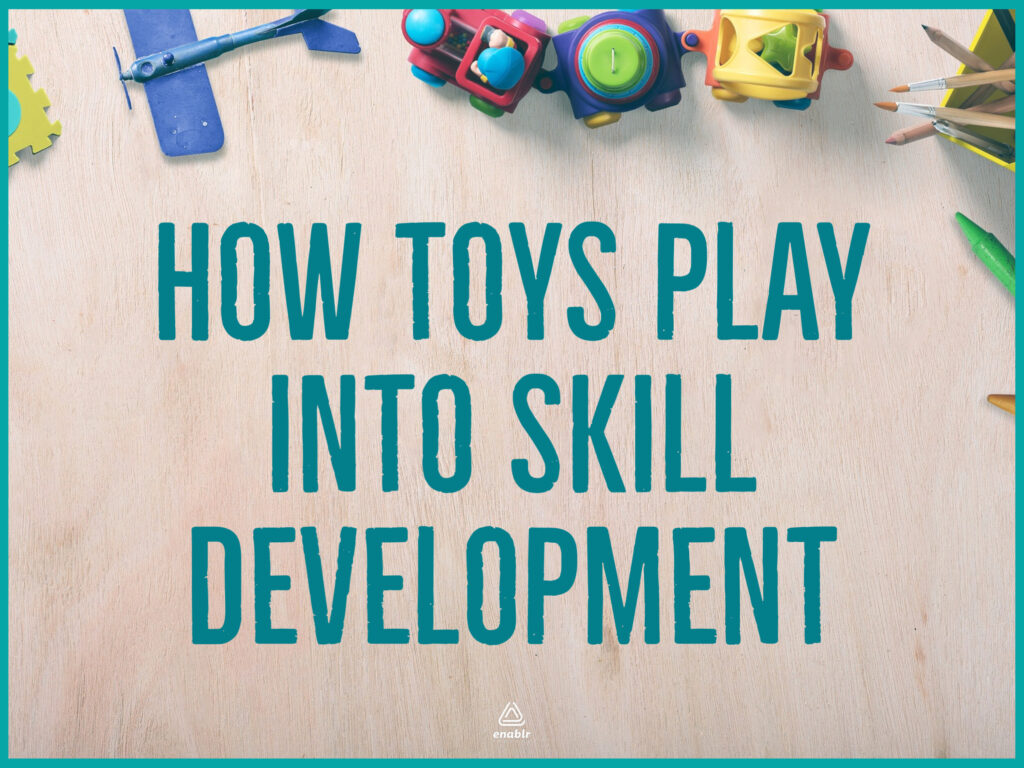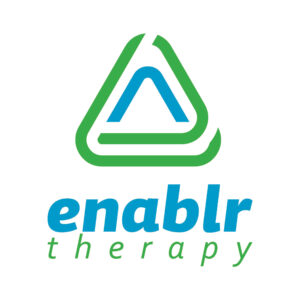
Research has shown that play is crucial to development in every way. It impacts cognitive, emotional, and language development. Some even characterize babies and young children as little scientists when playing with toys. They are testing ideas, creating scenarios, and trying to solve problems. This is one of the primary drivers of child development. Therefore, the type of toy a child has can influence the quality of play.
Basic is Better
Through playing with toys, children develop their motor and cognitive skills, preparing them for bigger life events and challenges. Despite the growing intricacy of toys and the use of technology, one message stands out in research that basic is usually better. Children have the ability to take in large amounts of information because, unlike the adult brain, which filters irrelevant information, the developing brain takes in everything.
As a child develops, the brain strengthens connections the more they are being used. Through this continuous process, early skills give rise to new ones and integrate new experiences with previous ones. Basic, traditional toys like blocks, books, dress up clothes, dolls, cars, and stuffed animals allow children to experiment and use their imagination to build their skills as they work out the world around them.
Quality over Quantity
Researchers from Ohio’s University of Toledo researched how the number of toys in an environment influences toddler’s play. The results suggest that too many toys can actually distract toddlers and decrease their quality of play.
Language Development
For infants and toddlers to develop language skills, they need to hear significant amounts of language and conversation. There are some electronic toys that encourage interaction, however this is not always the best option. Research has shown that child-caregiver communication is the best way to develop language skills and electronic toys can actually decrease this interaction.
When using electronic “learning toys,” parents are less likely to be involved, allowing the toy to do the talking. These toys are more commonly used to teach a child to be quiet, such as providing entertainment while in public. Whereas, books or blocks increase the quantity and quality of child-caregiver communication. Overall, research suggests using toys as tools for development, not as the teachers.
Speech language pathologists often recommend making a list of words you would like your child to say and exploring the contexts in which to teach those words. Then, picking toys to create those contexts. In general, toys that don’t need instructions or batteries lead to greater use of imagination and interaction.
Physical Development
Play can be very beneficial to the development of fine motor skills, walking, and spatial awareness. The goal is to create an environment that offers optimal sensory input without being overwhelming. Toys can help develop particular skills, while having fun. For instance, construction toys like blocks or Legos that involve the use of both hands can improve coordination. Toys that include moving parts or require manipulation with hands and fingers, such as puzzles, crafts, or Play Dough, can build fine motor skills.
It is also important to remember that toys as common as a ball can be beneficial in building large muscles and coordination. Anything that gets your child up and moving will not only keep them active, but encourage motor skills that are necessary for running and jumping. Many of these are also activities that you can be involved in!
Cognitive Development
A child’s cognitive development involves the ability to process information and understand the world around them. Toys and playing offer a natural opportunity to explore imitation, cause and effect, problem solving, and abstract thinking. Caregivers can encourage this growth through interactions and promoting interests. For instance, if a child shows an interest in animals, you can add animal toys or play veterinarian tools.
Play as Therapy
Through play, children explore and learn, building foundational skills that are needed throughout their lifetime For children with developmental delays or those that have been impacted by illness, injury or trauma, play is be a powerful tool that helps them to learn and grow, gaining skills that have been slow to emerge or lost. Enablr therapists use play activities alone or in combination with other therapy techniques to target underlying skills and areas of need, moving the child and family toward their goals.
If you have concerns about your child’s development and its impact on play and daily activities, view our therapy services page to get started.



